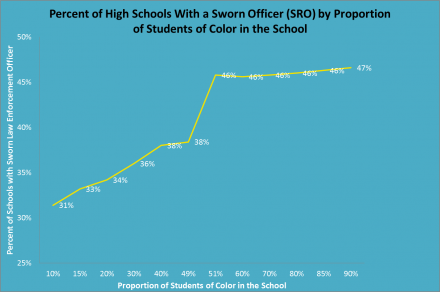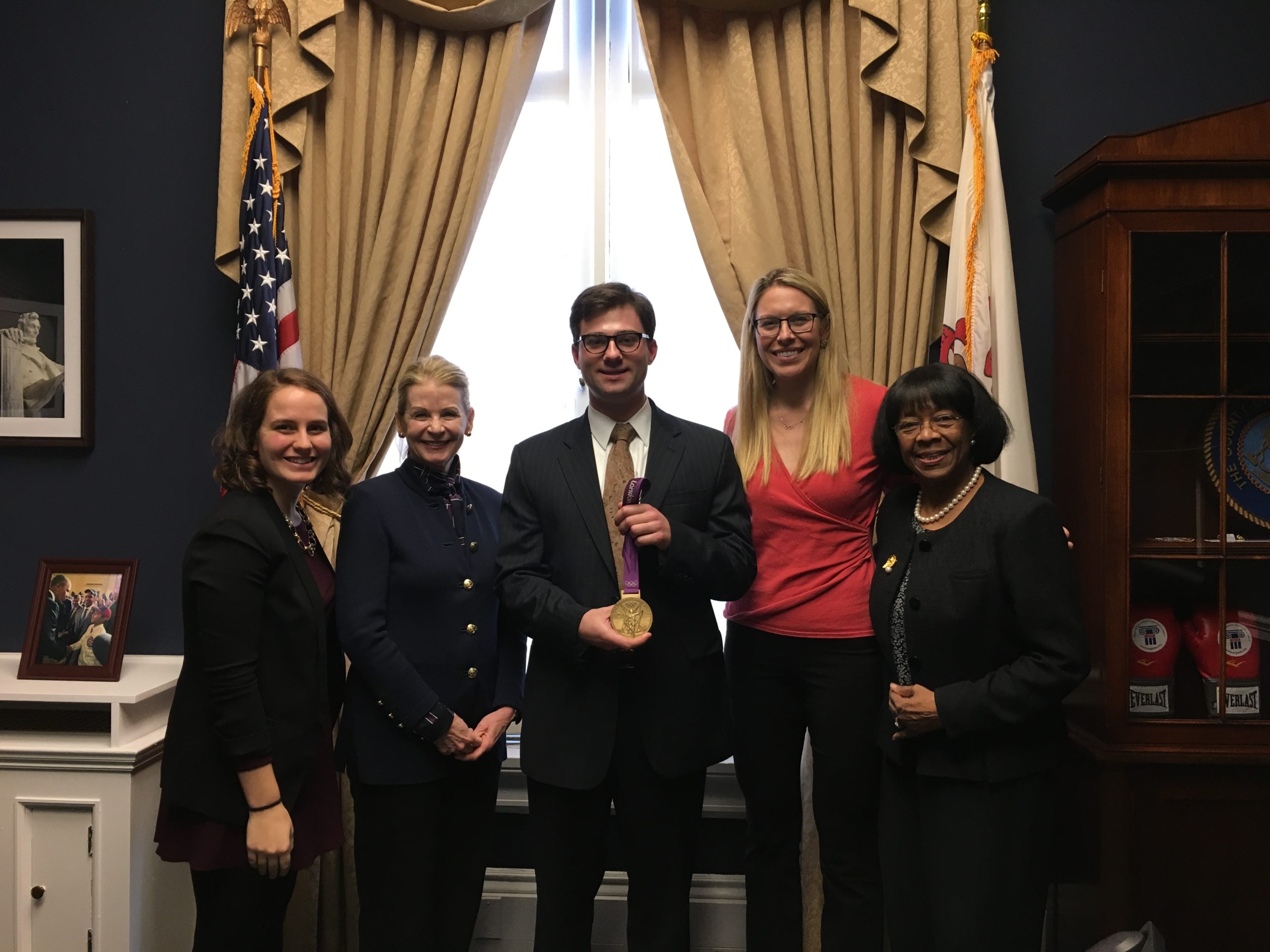Abortion rights, women of color, and LGBTQI+ people are under attack. Pledge to join us in fighting for gender justice.
5 Shocking Things DeVos Said During the Education Budget Hearing

 The President’s budget proposal would cut education funding by $9.2 billion overall. It cuts funding for important priorities such as Special Olympics, career and technical education programs, and the Office of Civil Rights. This is a budget that would leave the Department of Education without the resources it needs to help all students—especially our most vulnerable students—achieve success.
The President’s budget proposal would cut education funding by $9.2 billion overall. It cuts funding for important priorities such as Special Olympics, career and technical education programs, and the Office of Civil Rights. This is a budget that would leave the Department of Education without the resources it needs to help all students—especially our most vulnerable students—achieve success.
In defending this draconian budget, Secretary DeVos punted responsibility for students’ success to the states, falling back on her “hope and trust” in states to do the right thing. But that is why we have a Department of Education— so we don’t have to just “hope and trust” that states will do the right thing.
Not surprisingly, Secretary DeVos said a litany of outrageous things that reveal her lack of actual knowledge about education and her refusal to actually do her job to ensure success for all students. Here are our top five most outrageous things DeVos said today:
1. Betsy DeVos hopes that the mental health crisis is an important issue on states’ radars but refused to take any responsibility for addressing it and defended a budget that eliminates funding for mental health services in K-12 schools.
We know from our Let Her Learn reports that girls are facing insurmountable amounts of trauma. More importantly, we learned that girls want access to mental health professionals. DeVos, however, punts all responsibilities to states, hoping they’ll do the right thing. To help girls, the Secretary of Education needs to do more than just “hope.” The National Women’s Law Center is going to do more than just hope. We are going to demand that girls have access to the mental health professionals and care that they need.
2. DeVos said that SROs are a “viable and important solution in some places” and it is best to determine what places those are at the state and local level.
What does she mean by “some places”? We can tell DeVos where SROs are now and what the impact has been. NWLC’s analysis shows that state and local officials are more likely to place SROs in schools with a majority of students of color. And perhaps unsurprisingly, Black and Native American girls are disproportionately referred to law enforcement or arrested at school. More specifically, even though Black girls make up 15.6% of school enrollment they make up 37.3% of the girls arrested at school. So, “some places” better not be code for places where students of color attend schools.

3. When asked if high-poverty schools should receive more federal funds than schools with less poverty, DeVos said they already do.

That is not completely true. Federal dollars are targeted to schools serving low-income, English Language Learners and students with disabilities through Title I funds. However, 20% of all Title I money ($2.6 billion) ends up in school districts serving a higher proportion of wealthy families. Because the formula that allocates Title I funding is outdated, school districts that serve fewer low-income students are getting more money per low-income student they serve. It may be time for Title I funding to be reevaluated because research shows that funding increases in high-poverty schools make students who are poor less likely to be poor as adults, increases the likelihood they will graduate and results an increase in adult earnings.
4. When asked if there was a federal role in combatting sexual assault in schools, DeVos said she’s already met with stakeholders.
Dear Betsy, where do we sign up for meetings?
 Because you have NOT met with survivors of sexual assault or other organizations working on Title IX sexual assault issues. Are our and survivors’ letters being lost in the mail? We would love to discuss this issue with you. And while we are on the issue, where is your commitment to uphold the Department’s guidance on sexual assault? The guidance that outlines schools’ responsibility to promptly investigate reports of sexual assault and provide accommodations and services to students who have been sexually assaulted. Did you know that 87 percent of voters back the guidance?
Because you have NOT met with survivors of sexual assault or other organizations working on Title IX sexual assault issues. Are our and survivors’ letters being lost in the mail? We would love to discuss this issue with you. And while we are on the issue, where is your commitment to uphold the Department’s guidance on sexual assault? The guidance that outlines schools’ responsibility to promptly investigate reports of sexual assault and provide accommodations and services to students who have been sexually assaulted. Did you know that 87 percent of voters back the guidance?
5. When asked if she would insist that states cannot discriminate based on race, sexual orientation, or disability status, DeVos said that it would be up to states to set the rules.
In maybe the most outrageous moment in the hearing, when DeVos was told about a school in Indiana that discriminates against students who are LGBTQ themselves or from LGBTQ families and asked if she would deny federal voucher funds to schools like the one in Indiana that discriminate against children on the basis of sexual orientation, gender identity or other traits like race or disability, , DeVos responded by saying she didn’t want to discuss hypotheticals, talked nonsense about state flexibility, and seemed to confuse Title IX with Title VI.

Representative Katherine Clark (D-MA) said it best when she said: “I am shocked that you cannot come up with one example of discrimination that you would stand up for students.” Frankly, we’re shocked too. As Representative Barbara Lee (D-CA) mentioned, states in this country have a history of denying education to students based on race. So no, Betsy, it’s not cool to just go along with whatever a state says. In fact, it’s your job to stop states from discriminating against children. The federal government has a role in education, and one of those roles is to ensure access for everyone.
Representative Rosa DeLauro (D-CT) called the budget “cruel, inhumane and heartless.” She is right, and as she noted in the hearing, the kids and grandkids of the people in the hearing room will probably be fine. However, millions of students will be adversely affected by this budget if it becomes a reality. Girls deserve a quality education in safe and healthy schools, and we will lead that fight.





